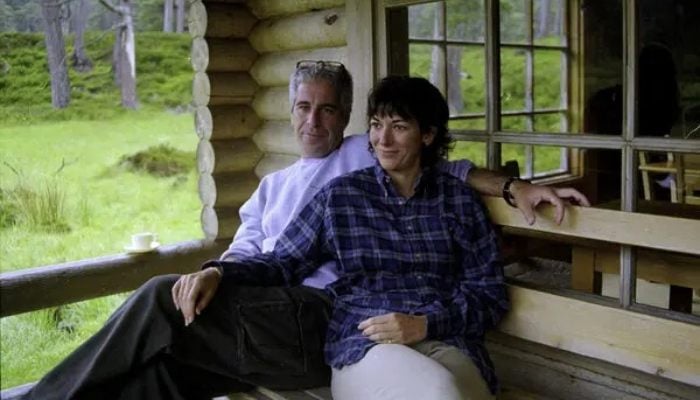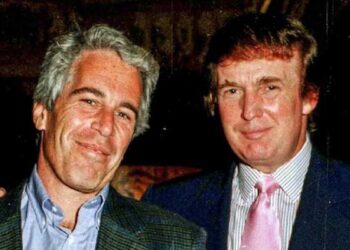Select Language:
Donald Trump’s administration requested that two judges release grand jury testimony that led to the indictments of Jeffrey Epstein and Ghislaine Maxwell on sex trafficking charges. This move comes as Trump aims to ease concerns over how his administration has handled the case.
On July 18, the Justice Department initially asked the court to allow the public release of transcripts from witnesses’ confidential testimony from years earlier in these cases. However, judges Richard Berman and Paul Engelmayer in Manhattan responded, wanting more detail on the legal grounds for the request.
In late-night court filings, prosecutors argued that releasing these transcripts would serve the public interest, given the widespread attention the Epstein case has received and ongoing scrutiny of federal law enforcement’s actions.
The Epstein case has fueled conspiracy theories for years. Recently, Trump faced demands to disclose documents related to federal investigations into Epstein and Maxwell. Epstein died by hanging in jail in 2019 while awaiting trial on sex trafficking charges; officials concluded his death was a suicide, and Epstein’s plea deal in 2008 for soliciting prostitution is widely viewed as too light. Maxwell, Epstein’s longtime associate, was convicted in 2021 and is currently serving a 20-year sentence in Florida. She is appealing her conviction to the Supreme Court, asserting innocence.
Trump mentioned earlier this month that he instructed Attorney General Pam Bondi to pursue the release of grand jury transcripts, responding to the Justice Department’s conclusion that Epstein died by suicide and that no incriminating list of clients exists.
This decision has upset some of Trump’s conservative supporters, who suspect the government is hiding ties Epstein had to wealthy and influential figures and believe Epstein was murdered in prison.
Grand juries, which hold secret proceedings to decide whether enough evidence exists to indict suspects, typically keep their records sealed. Only under specific circumstances can transcripts be made public.
Even if the judges approve the release, it’s uncertain whether the public would gain new insights, as Maxwell’s 2021 trial already included testimonies from victims, associates, and law enforcement officials.
The transcripts wouldn’t include all the files the government possesses, as investigators often pursue leads or interview potential witnesses who might not testify before a grand jury.
In Florida, a judge denied the administration’s effort to unseal records from 2005 and 2007 grand jury investigations into Epstein, citing the lack of qualifying exceptions.
Epstein’s 2008 plea deal for solicitation of prostitution was seen as lenient, and he was sentenced to 13 months. Recently, Deputy US Attorney General Todd Blanche, a former personal lawyer for Trump, met with Maxwell for two days to discuss any information she might have about others involved in crimes. Neither Maxwell’s attorney nor Blanche has shared details about those discussions.







